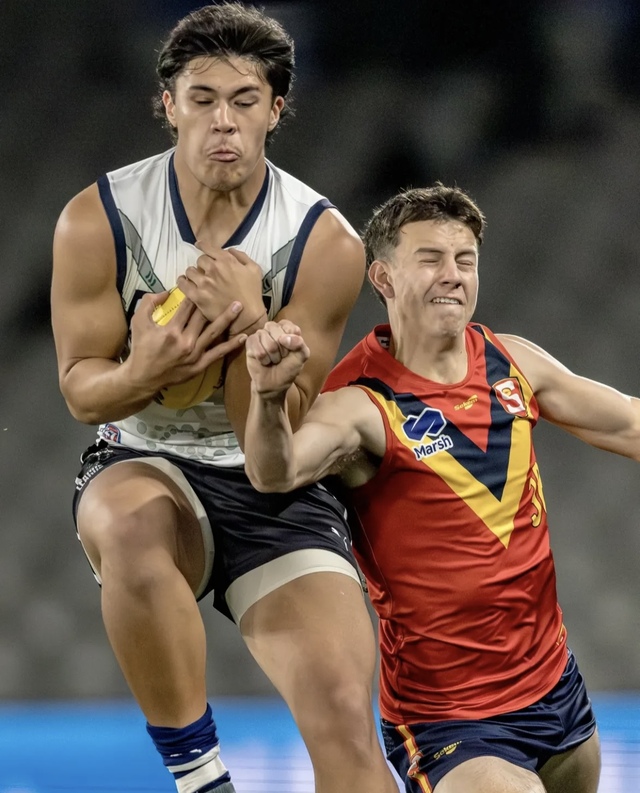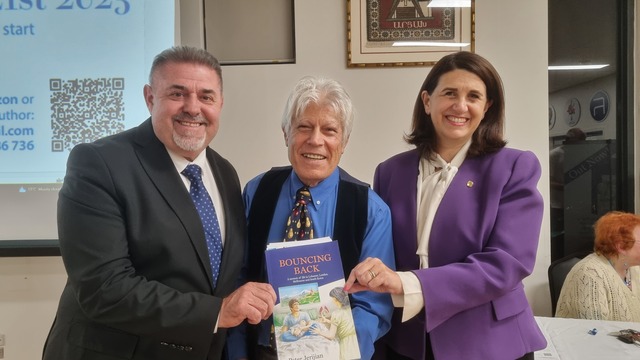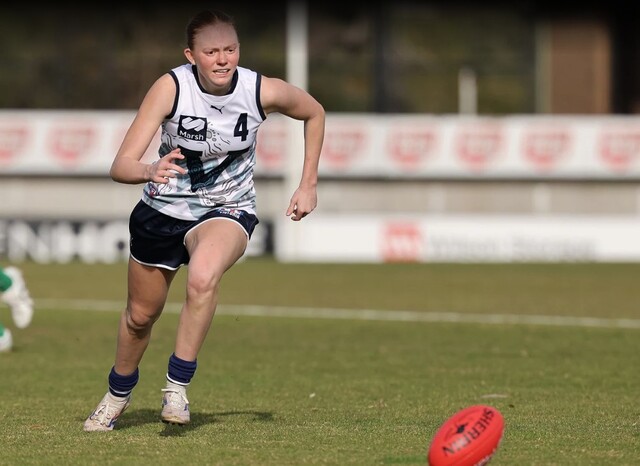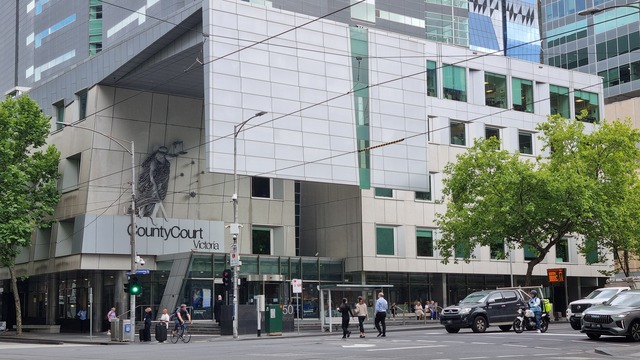Let’s try a quick quiz: Who’s the Prime Minister of Australia? Can you name the Premier of Victoria? What about the mayor of your local council? Or the councillor for the very ward in which you live?
If you answered each of those, well done. But if not, why not?
Figures from the Victorian Electoral Commission imply voters are far less engaged with local councils than other levels of government. In the 2008 council elections, just 70 per cent turned out at the handful of attendance elections, such as in Greater Dandenong.
For those who did vote statewide, only 45 per cent followed candidates’ how-to-vote instructions, and 9.9 per cent of votes were counted as informal.
By contrast, about 92 per cent of people took part in the 2010 state election, with an informal voting rate of 4.96 per cent.
In Greater Dandenong, there were worse than average numbers at the previous council election. Informal votes were more than 12 per cent in Noble Park’s Paperbark Ward. In central Dandenong’s Red Gum ward, voter turnout was about 63 per cent.
Outside election time, councils go about their business seemingly unscrutinised, with public galleries at monthly open meetings empty save for the local media and a few diehards.
So why are people so disinterested in their local council — and willing to cop a $56 fine for not voting — when the decisions it makes are so much closer to home than those of Spring Street or Canberra?
“I think it’s that local government is misunderstood,” says Rob Spence, chief executive officer of the Municipal Association of Victoria.
“I know there’s a view that councils are a waste of time, but stand out on your front lawn and look out — everything comes from council. The roads, the footpaths, the parks, and you can have a say in shaping that. It’s so significant the role they play and it should be appreciated.”
Councils’ main responsibilities are broken down to the three Rs: roads, rubbish and — the touchiest subject of all — rates. But their duties go much further. They, more than any other level of politics, decide what sort of development happens in your neighbourhood and what direction your suburb’s future will take.
Associate professor Ken Coghill, director of Monash University’s governance research unit, says the importance of local government to people’s day-to-day lives cannot be underestimated.
“They’re in charge of everything, from safe and secure roads right through to the really important decisions about the future of the community, so it’s really important councillors know they’ve got the full support or authority of the public.
“The lack of interest weakens democracy. If a council does something you don’t like, then you’ve only got yourself to blame. If 20 or 30 per cent of voters don’t vote, then that’s 20 or 30 per cent who don’t have their views represented.”
But Professor Coghill is quick to say the responsibility is not just on residents. Councillors — and candidates — need to get out and show people what they stand for, make themselves available and encourage their interest.
He speaks of the “unusual” case of one retiring councillor who famously disliked being disturbed by the public. “I find it disturbing that any councillor would like to take themselves away from the community like that.
“The responsibility is on the candidates to get out and about, meeting and greeting, and taking every opportunity to communicate with the people they want to vote for them. They have to have a strong bond with the community they want to represent and they should work hard to maintain the local channels in the community.
“It’s important to have as councillors people who can take the lead in every sense and not just at the council table.”
Professor Coghill says the council as an institution should “let people know what’s going on and what decisions are being made” and encourage them to be involved in its processes.
Any inclination to closed council meetings, or not making all its decisions transparent just weakens its authority and further discourages local engagement. “If people know what’s going on, they are much more likely to take an active interest.”
But Mr Spence — who’s been involved with the MAV since the late 1980s — is quick to defend councils’ processes and any suggestion that they prefer to operate behind closed doors.
“In my view, the legislative framework of council drives transparency and openness. Most decisions have to be made in open meetings; we are an incredibly highly regulated arena.”
Less regulated is the increasing party politics in council elections. Once the domain of the state and federal arenas, it’s now not uncommon to have council candidates who are also members of political parties, or parties beefing up the ballot with dummy candidates.
While many letter writers and candidates have aired their grievances on the issue to this newspaper, Professor Coghill believes there is no problem with having party politics in the council sphere.
“I’m aware the Liberal and Labor parties are backing people, and I believe the Liberal Party is doing so much more than previously,” he says. “It’s a useful guide to voters — if they are open about.”
Mr Spence agrees, providing candidates disclose where they stand. “The challenge in local government is you have nine people with different agendas who need to try and reach common ground. I’m not advocating the party structure, but it does challenge how we operate. To really politicise the structure would be a bad thing though.”
Some would argue that the system is already politicised, particularly with the use of dummy candidates. But this is something Professor Coghill says is “an inevitable outcome” of the preferential voting system.
“It’s worrying, but then if one person is vocal and another is running dead, I think voters are smart enough to see through that tactic. The really important thing is that people who are genuinely interested have to make the effort to attract voters.”
The answer in the end seems clear: we get the democracy we deserve because we all — residents, voters, councillors, candidates — are responsible for creating it.
As Mr Spence says: “We are envied around the world because we have the right to vote and an obligation to vote. In my view, you should use that right and people should take it seriously.”
See also: VEC moves to improve Greater Dandenong turnout.
What do you think? Post a comment below.
■ For full coverage of the Greater Dandenong Council election, click here.
In the lead-up to the council elections on October 27, the Weekly requires letters and comments on municipal issues submitted for publication, whether online or in print, to carry the author’s or commentator’s full address and telephone number, for purposes of verification only. The Weekly reserves the right to exclude material that is not fully identified. The editor’s decisions will be final.
The editor
For all the latest breaking news, stay with this website. Also, follow the Weekly at facebook.com/greaterdandenongweekly or on Twitter @DandenongWeekly.






